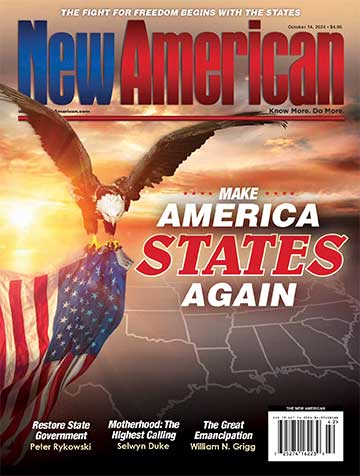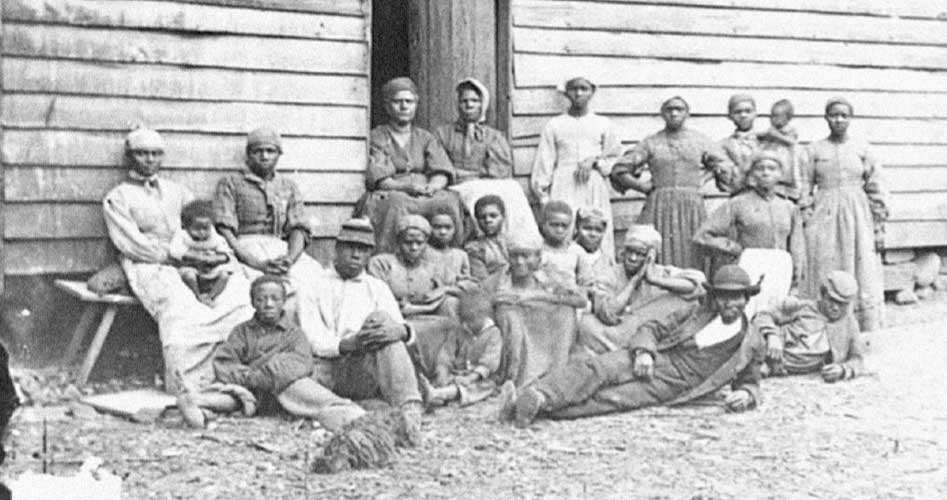The Great Emancipation
In a speech to a group of legal activists on May 6, 1987, the late Supreme Court Justice Thurgood Marshall denounced our nation’s charter of government and the framers of that document. At the time, Americans were commemorating the constitutional bicentennial, and Marshall — who had sworn a solemn oath to uphold and protect the U.S. Constitution — could barely contain his contempt for that observance.
Dissenting from what he called “a complacent belief that the document is worthy of praise,” Marshall indicted the Founding Fathers for their supposed lack of “wisdom, foresight, and sense of justice” and insisted that “the government they devised was defective from the start.” The fatal defect in the Founders’ handiwork, Marshall asserted, was its failure to abolish the practice of slavery outright. This reflected “the prevailing opinion” among the Founders that blacks “were so far inferior, that they had no rights which the white man was bound to respect … and that the Negro might justly and lawfully be reduced to slavery for his benefit,” Marshall opined. Within a very short time, the sentiments expressed by Marshall — which caused shock and consternation at the time — became enshrined as something of a cultural consensus. It is hardly an exaggeration to say that practically the only thing many American students know about George Washington or Thomas Jefferson is that both were “slave owners” and therefore utterly unworthy of respect.
JBS Member or ShopJBS.org Customer?
Sign in with your ShopJBS.org account username and password or use that login to subscribe.

 Subscribe Now
Subscribe Now
- 24 Issues Per Year
- Digital Edition Access
- Exclusive Subscriber Content
- Audio provided for all articles
- Unlimited access to past issues
- Cancel anytime.
- Renews automatically

 Subscribe Now
Subscribe Now
- 24 Issues Per Year
- Print edition delivery (USA)
*Available Outside USA - Digital Edition Access
- Exclusive Subscriber Content
- Audio provided for all articles
- Unlimited access to past issues
- Cancel anytime.
- Renews automatically


